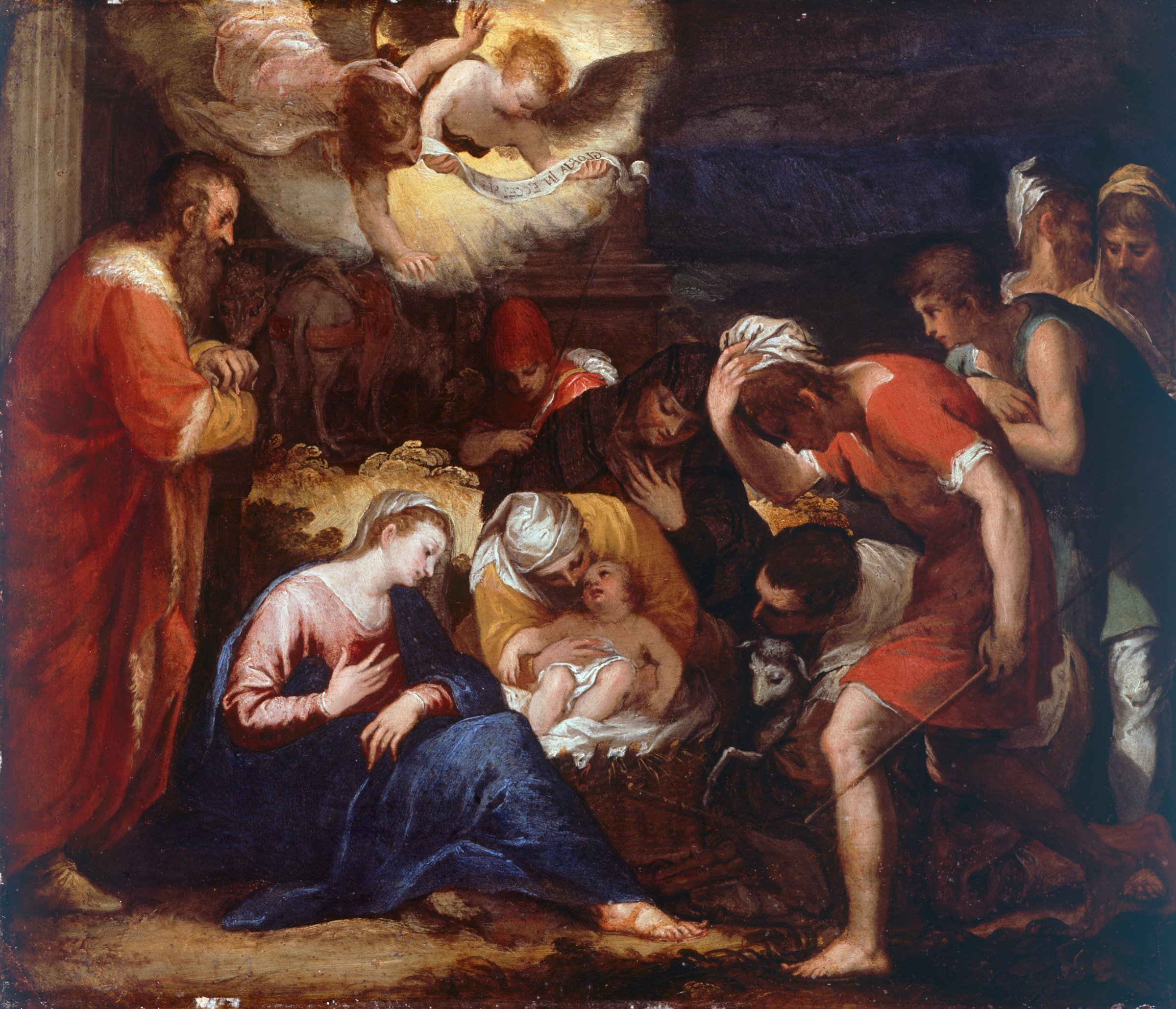
I stood at the back of the Cathedral at 1:30 on Christmas morning, shaking hands with the midnight worshippers on their way home. I had been preaching about God coming into our lives at Christmastime, especially in the form of the weak, the vulnerable and the homeless.
Most of the congregation were happy, but one man had something to get off his chest. “You should stick to the script!” he said to me. “Christmas has nothing to do with asylum-seekers!” And off he marched before I could splutter out the obvious reply: The Christmas story in Luke’s gospel climaxes with Jesus in a feeding-trough because everywhere else was full. Matthew’s version ends with Joseph and Mary whisking the baby off to a foreign country because the authorities wanted to kill him. Putting these together, the heart of the story is precisely Jesus the homeless asylum seeker.
Anyone who knows the history and culture of the first-century Jewish world would see the point. Matthew introduces his Christmas story by listing Jesus’ ancestry, all the way back to Abraham, highlighting King David on the way. It’s obvious where this was going: Jesus was the true “king of the Jews” — at a time where there was one of those already, Herod the Great. That’s why Joseph had to take Jesus and Mary away in a hurry. The same is true with Luke’s story, in which the Roman Emperor, the self-styled “son of God” Augustus himself, issues an order in Rome which causes a very different “son of God” to be born in a very different “royal city,” Bethlehem. The original, historic Christmas stories are about power. They are about the kingdom of God breaking in, dangerously and unexpectedly, into the kingdoms of the world.
The misunderstanding arises from a larger problem. Western culture has placed Christianity in a box called “religion,” separated off by definition from the rest of “real life.” Some Christmas Carols try to break this mold: think of “It came upon a midnight clear,” which contrasts the song of the angels with the subsequent “two thousand years of wrong.” But most are content with the schmaltzy (“But only his mother/in her maiden bliss/worshipped the Beloved/with a kiss”), the sentimental (“the little Lord Jesus asleep on the hay”) and the toe-curlingly moralistic (“Christian children all must be/mild, obedient, good as he”). Once you pull apart the seamless fabric of the original story, that’s all you are left with. And that’s what today’s younger generation, eager for real-life relevance, is abandoning in droves.
Our culture has downgraded the Christmas stories into sweet little songs and primary-school Nativity plays. But the birth of a baby who will inherit “the throne of his ancestor David” —as the angel says to Mary in Luke 1:32—announces the start of a revolution. Nothing will ever be the same again. In Israel’s scriptures, David already ruled over the Twelve Tribes, but the Psalms and Prophets insisted that his ultimate successor would rule over the whole world. Anyone claiming David’s kingdom is throwing down a challenge to the rulers of the world, whether in the first century or the twenty-first.
But what sort of a challenge? We are so scared of “theocracy” (think: mad clerics bullying people into submission) that the thought of Jesus and his followers posing a real-life “challenge” is enough to send people back to the anodyne Christmas carols. The question of “theocracy,” (literally, the rule of God), however, turns on which God it is we’re talking about. And here Matthew and Luke, starting with their Christmas stories, are clear. Their accounts of Jesus, right through to his cruel death at the hands of the Roman imperial power, are saying, from a hundred different angles, This is what it looks like when the real God comes to the rescue. They echo the ancient biblical stories about Israel’s God: the God who made the world in the first place; the one who heard his people’s cry and came to rescue them through Moses; the one who always wanted to come and live in amongst his people and through them to renew and restore his whole creation.
The stories that begin at Christmas end with Jesus’ followers sent into the world to launch a new way of being human; a new kind of power; the divine power of self-giving love. Once we put Christmas back into its proper historical context we might just find that Christmas could reshape our own historical context. God knows we need it: the homeless asylum seekers, yes, and the rest of us too.
More Must-Reads from TIME
- Why Biden Dropped Out
- Ukraine’s Plan to Survive Trump
- The Rise of a New Kind of Parenting Guru
- The Chaos and Commotion of the RNC in Photos
- Why We All Have a Stake in Twisters’ Success
- 8 Eating Habits That Actually Improve Your Sleep
- Welcome to the Noah Lyles Olympics
- Get Our Paris Olympics Newsletter in Your Inbox
Contact us at letters@time.com